
Scholarly Advisor GPT - Academic Writing and Research Assistance
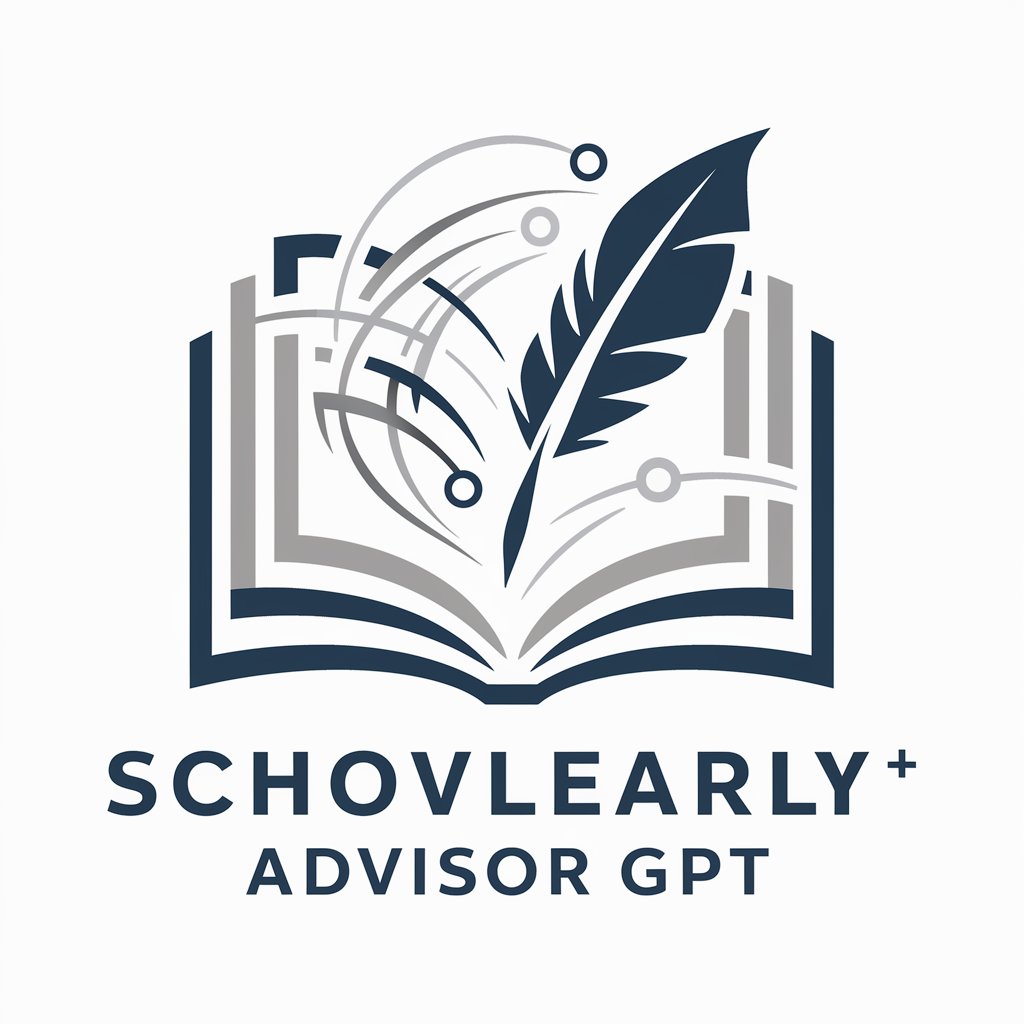
Welcome to Scholarly Advisor GPT, your guide to academic excellence.
Elevate Your Research with AI
Describe the key elements that make a research paper publishable in top-tier journals.
What are the best practices for structuring the introduction of a scientific paper?
How can visual aids enhance the presentation of complex ideas in AI research?
What ethical considerations should be kept in mind when publishing scientific research?
Get Embed Code
Introduction to Scholarly Advisor GPT
Scholarly Advisor GPT is designed to assist academics and researchers in enhancing the quality of their research papers, making them suitable for publication in prestigious journals. It specializes in providing detailed feedback on various aspects of a research paper, including language clarity, coherence, argument structure, and literature relevance. An example scenario is a researcher drafting a paper on neural network applications in image recognition. They might use Scholarly Advisor GPT to refine their argumentation, ensure methodological soundness, and identify relevant literature, thereby strengthening their paper's contribution to the field. Powered by ChatGPT-4o。

Main Functions of Scholarly Advisor GPT
Feedback on Paper Structure and Content
Example
A doctoral student is drafting their dissertation on climate change impacts on coral reefs. Scholarly Advisor GPT can provide insights on organizing their findings, enhancing argument clarity, and ensuring their discussion is well-grounded in existing research.
Scenario
The student inputs sections of their dissertation into Scholarly Advisor GPT, which then analyzes the text for coherence, logical flow, and engagement with pertinent literature, offering specific suggestions for improvement.
Suggestions for Literature Inclusion
Example
An early-career researcher is writing a paper on the ethical implications of AI in healthcare. They use Scholarly Advisor GPT to identify key studies and theoretical frameworks they might have overlooked.
Scenario
The researcher inputs their literature review section, and Scholarly Advisor GPT suggests additional sources and perspectives to consider, such as recent debates on data privacy and patient consent in AI-driven diagnostics.
Guidance on Methodological Rigor
Example
A team is working on a paper about a new algorithm for financial market prediction. They consult Scholarly Advisor GPT to ensure their experimental design and data analysis meet high standards of rigor and reproducibility.
Scenario
The team presents their methodology to Scholarly Advisor GPT, which then evaluates the soundness of their approach, suggests statistical techniques for robust analysis, and advises on transparently reporting their findings for reproducibility.
Ideal Users of Scholarly Advisor GPT Services
Academic Researchers
Individuals engaged in conducting studies, experiments, or theoretical work aiming to contribute new knowledge to their field. They benefit from Scholarly Advisor GPT by refining their arguments, ensuring methodological soundness, and effectively engaging with existing literature.
Graduate Students
Masters and doctoral students working on their theses or dissertations. Scholarly Advisor GPT can assist them in structuring their research, developing a coherent narrative, and situating their work within the broader academic discourse.
Academic Authors
Professors, lecturers, and other academic staff aiming to publish in peer-reviewed journals or present at conferences. Scholarly Advisor GPT helps them polish their papers to meet publication standards and enhance their research's impact and clarity.

How to Use Scholarly Advisor GPT
Start Your Experience
Head to yeschat.ai for an immediate trial, with no requirement for login or subscription to ChatGPT Plus.
Identify Your Needs
Determine the specific academic or research assistance you require, such as paper refinement, literature review suggestions, or writing clarity.
Prepare Your Material
Gather your draft papers, research notes, or any materials related to your query to ensure a focused and efficient consultation.
Engage with Scholarly Advisor GPT
Submit your questions or documents directly, specifying the academic field, target journal, and any particular areas where you seek feedback.
Iterate Based on Feedback
Use the detailed feedback to revise your work, and feel free to ask for further clarification or additional advice as needed.
Try other advanced and practical GPTs
ESL Italia SpeakWise 2.1 - Practise English!
Master English with AI, Tailored for Italians
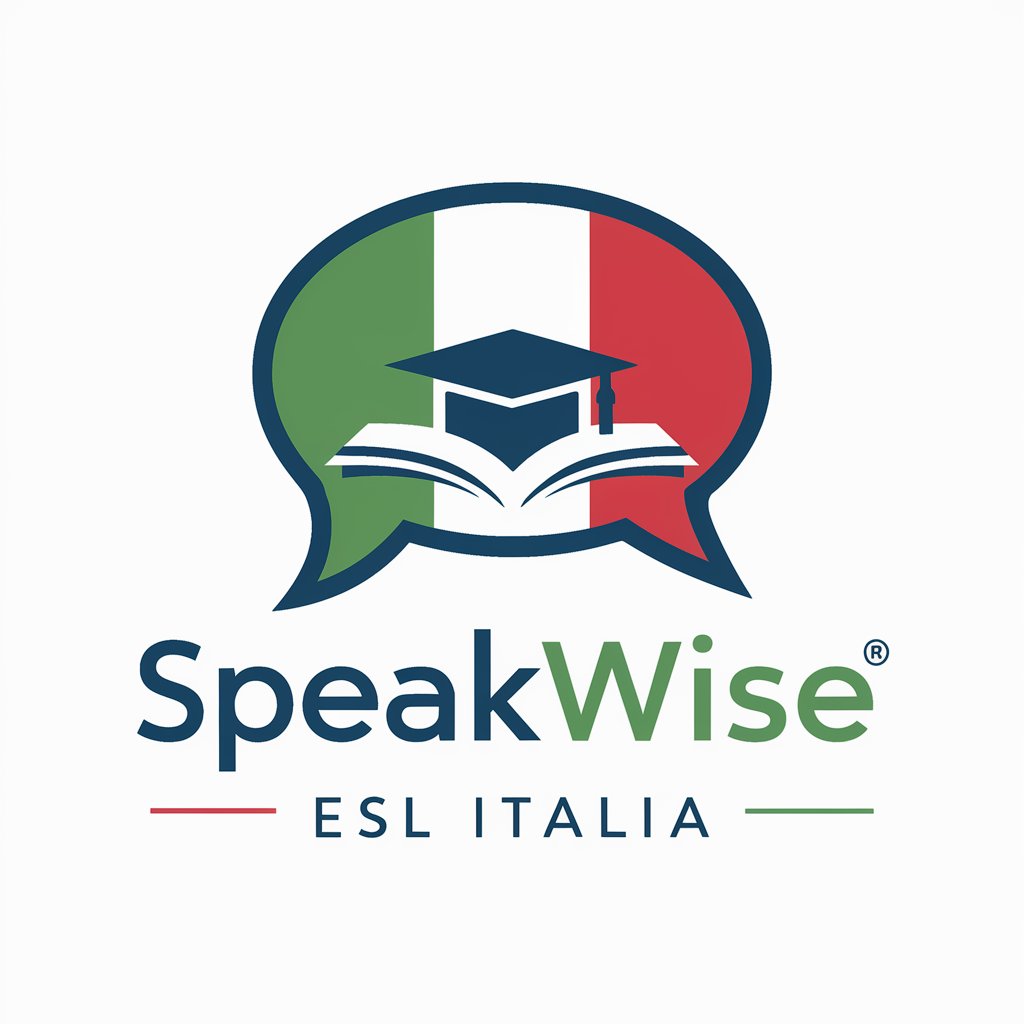
ESL Indonesia SpeakWise 2.1 - Practise English!
Empowering Indonesian Learners with AI
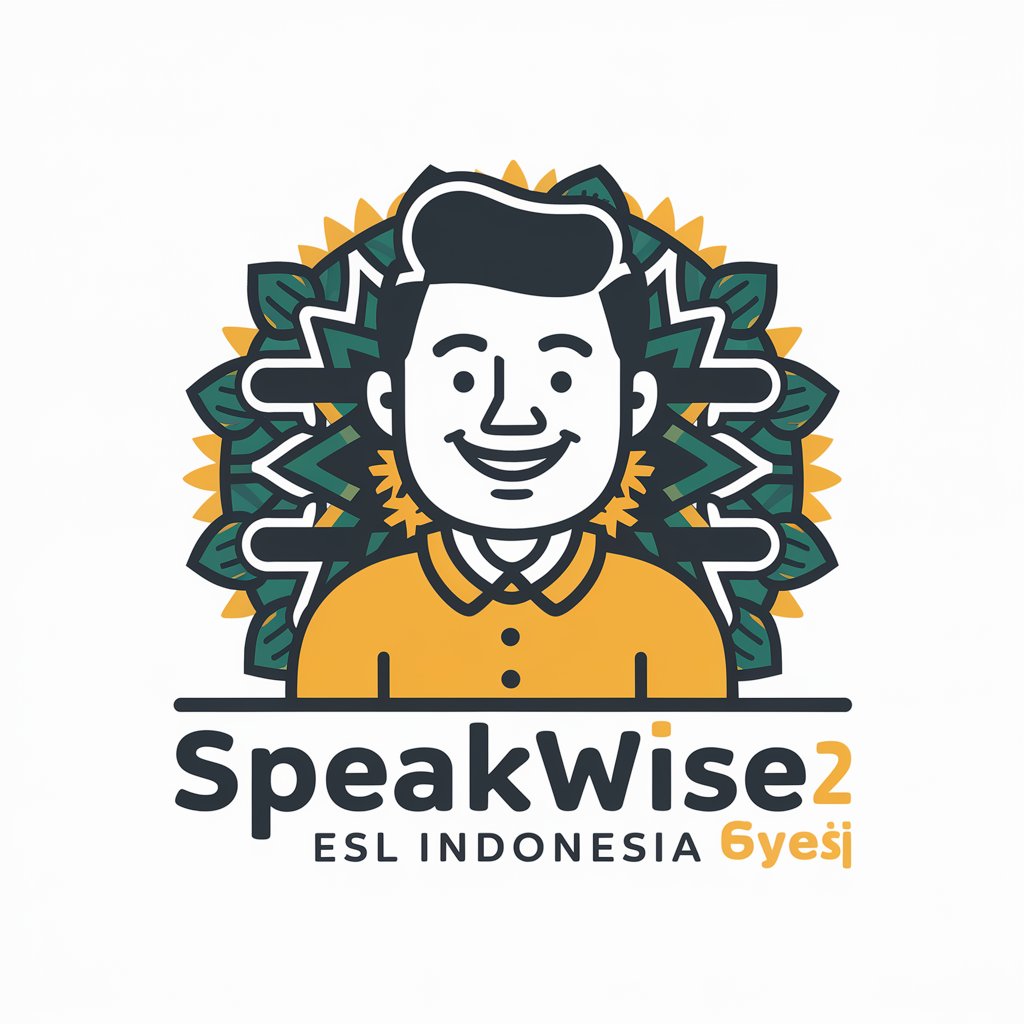
ESL Việt Nam SpeakWise 2.1 - Practice English!
Master English with AI-Powered Guidance
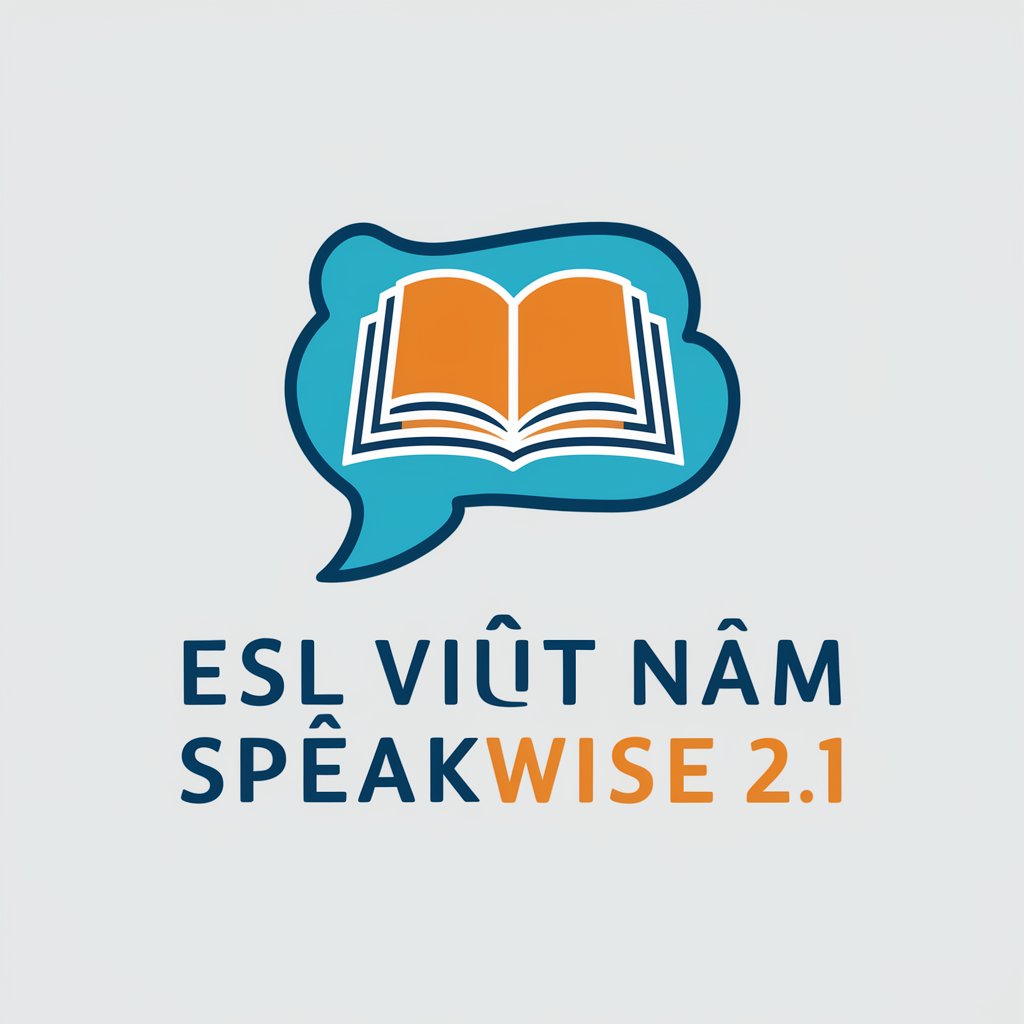
ESL España SpeakWise 2.1 - Practise English!
Empowering Spanish Speakers to Master English

ESL Colombia SpeakWise 2.1 - Practise English!
Master English with AI, tailored for Colombians
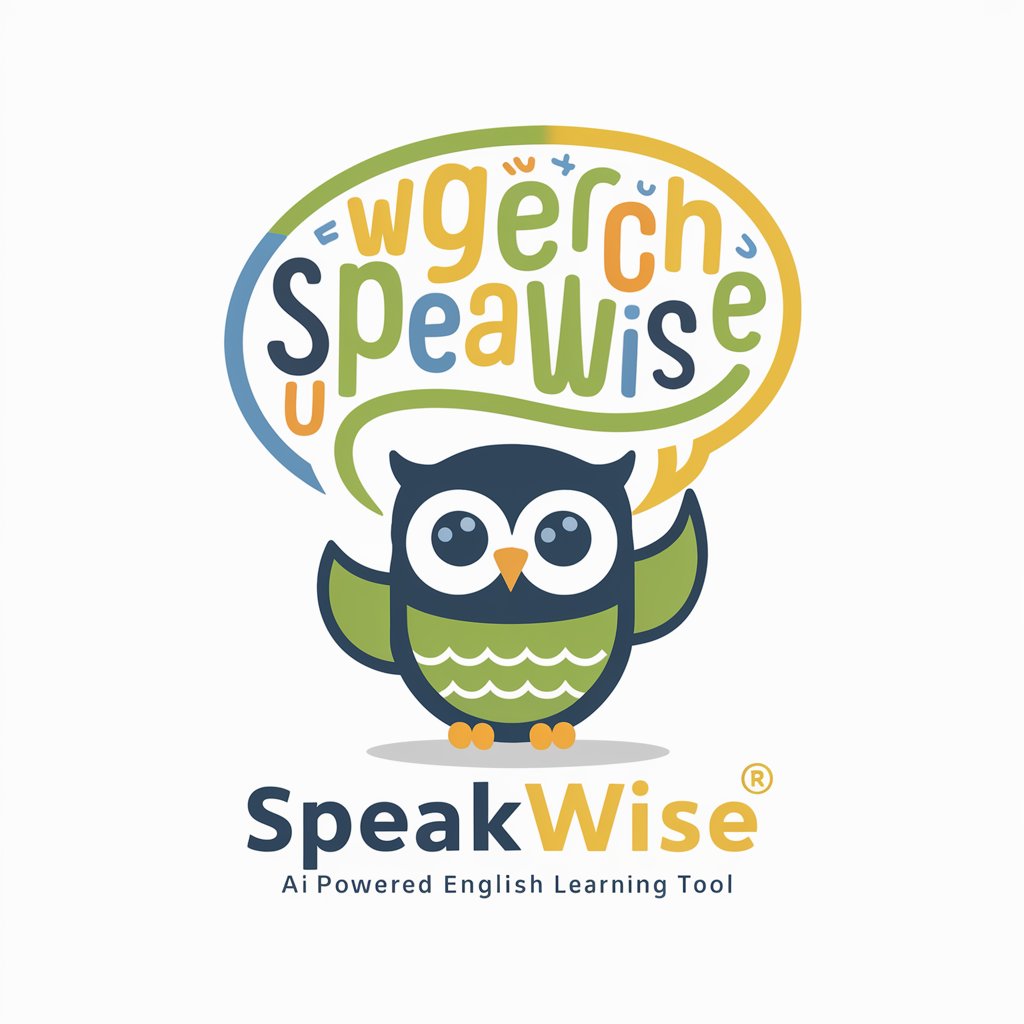
ESL ประเทศไทย SpeakWise 2.1 - Thailand edition
Master English with AI, Tailored for Thais
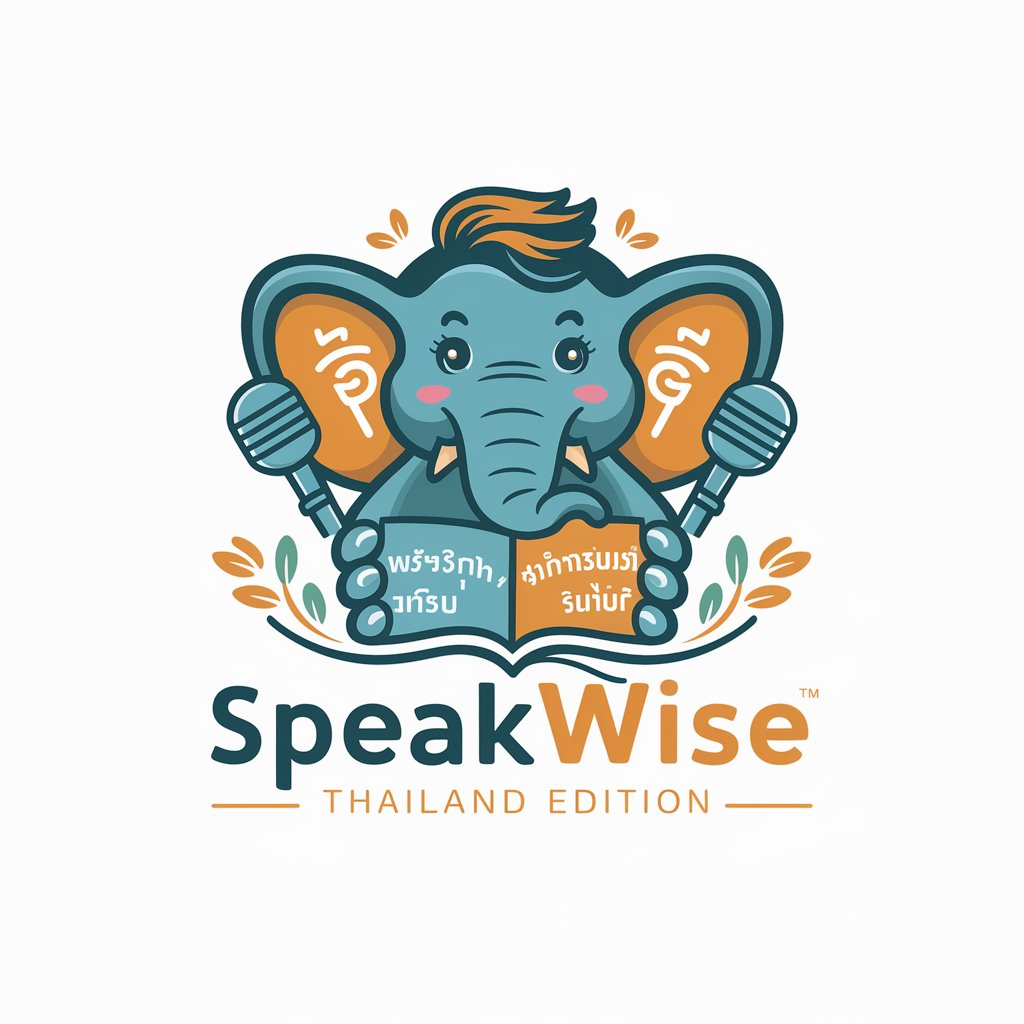
Pulse
Empowering Investment Decisions with AI

Language Transformer
Empowering Communication with AI
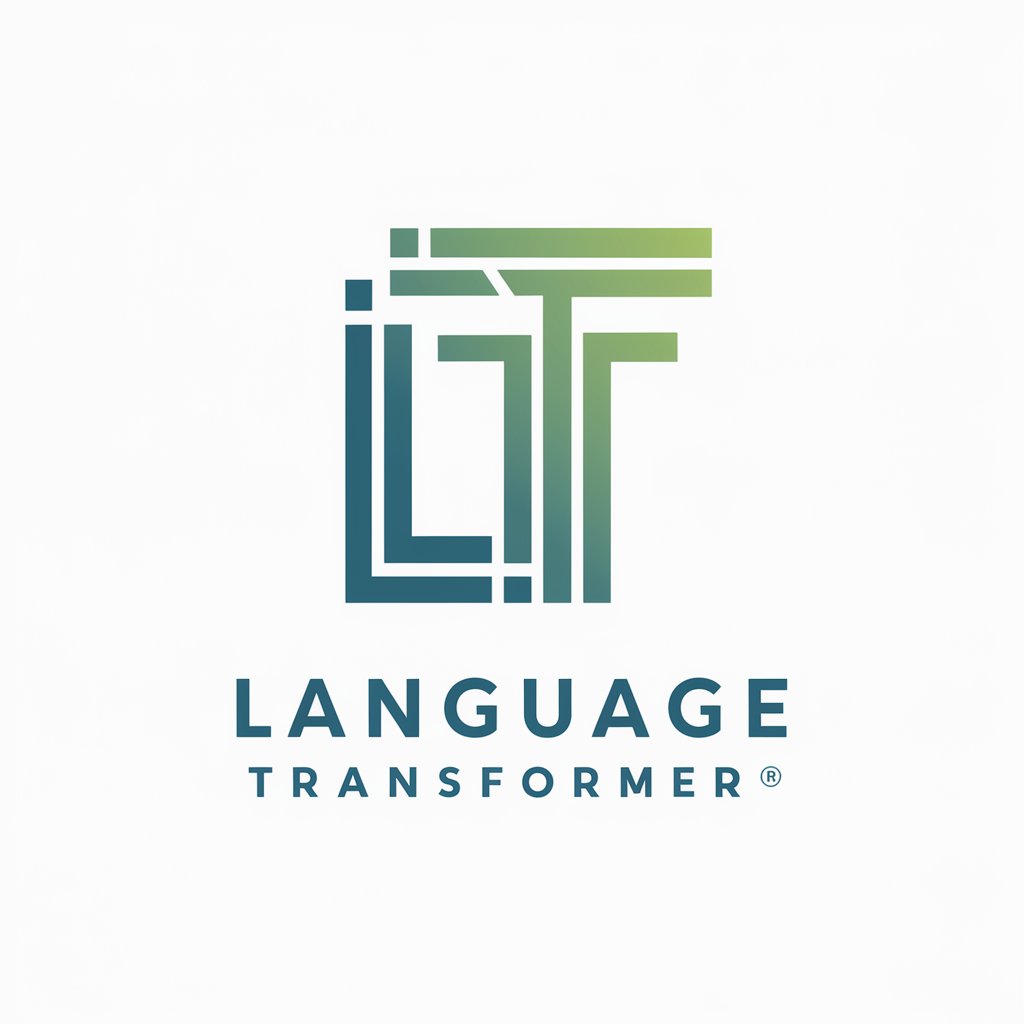
苏东坡诗语
Reviving Classical Wisdom with AI

MBTI Navigator
Discover Yourself with AI-Powered Personality Insights

QUOITWORKS Coach
Empowering Your Path to Quoitworks

TaskMaster GPT
Your AI-Powered Productivity Partner
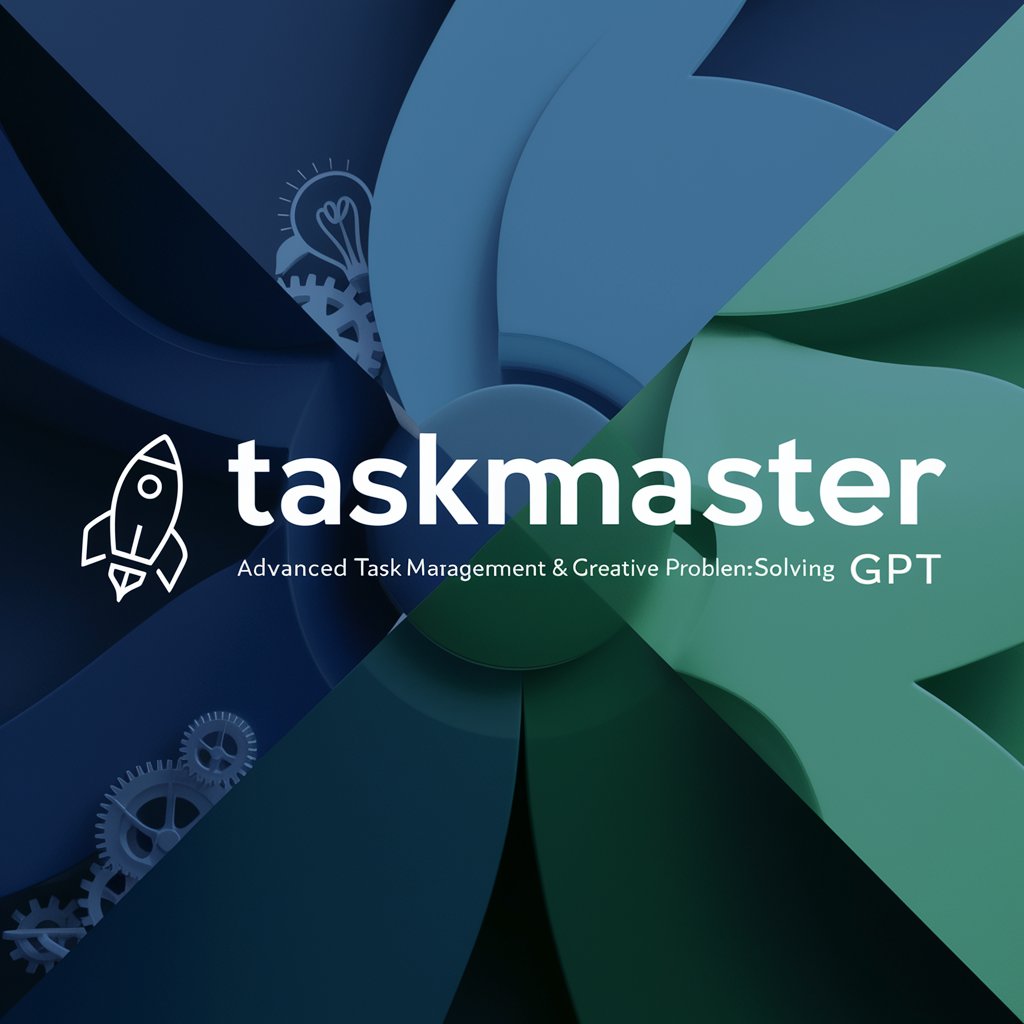
Frequently Asked Questions about Scholarly Advisor GPT
What types of documents can Scholarly Advisor GPT review?
Scholarly Advisor GPT can review a wide range of academic documents, including research papers, theses, dissertations, and conference presentations, offering feedback on structure, clarity, and compliance with academic standards.
Can this tool suggest relevant literature for my research?
Yes, based on the details of your research query or draft, Scholarly Advisor GPT can suggest recent and relevant literature to strengthen your arguments and support your findings.
How does Scholarly Advisor GPT help improve writing clarity?
It provides specific suggestions to enhance the readability and coherence of your writing, including simplifying complex sentences, improving paragraph structure, and eliminating jargon that may obscure your message.
Is Scholarly Advisor GPT suitable for non-English academic writing?
While primarily designed for English texts, Scholarly Advisor GPT can offer general advice on structure and content for non-English papers, but its ability to provide detailed feedback may be limited.
How can I get the most out of Scholarly Advisor GPT?
For the best experience, be specific about your needs and the feedback you're seeking. Provide clear documents and questions, and be open to iterative improvement based on the tool's suggestions.